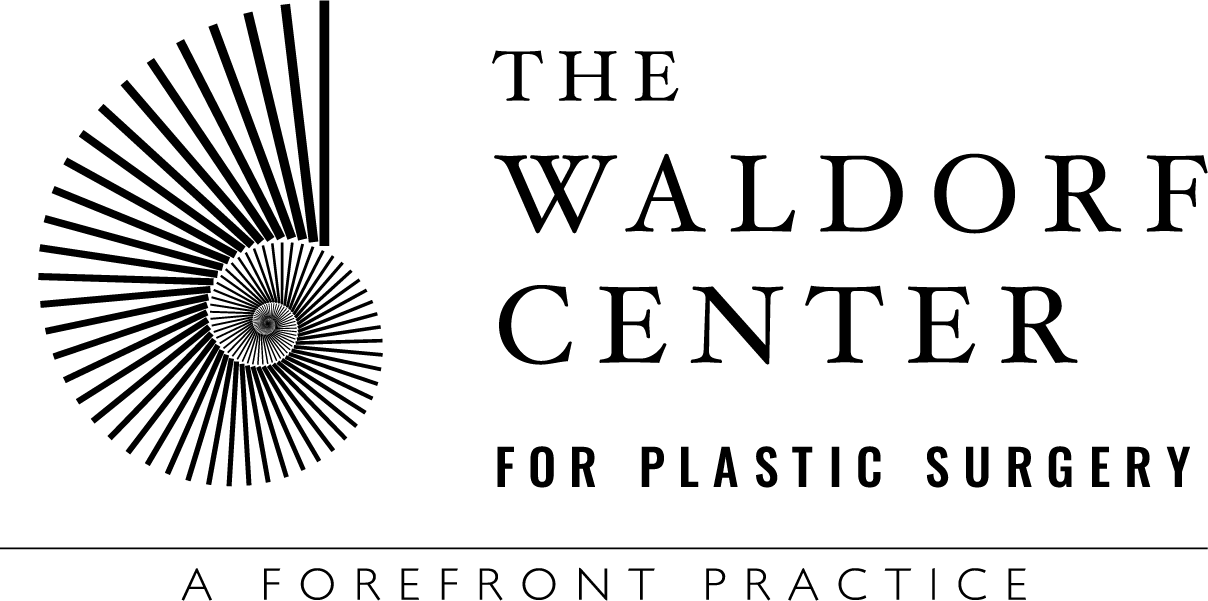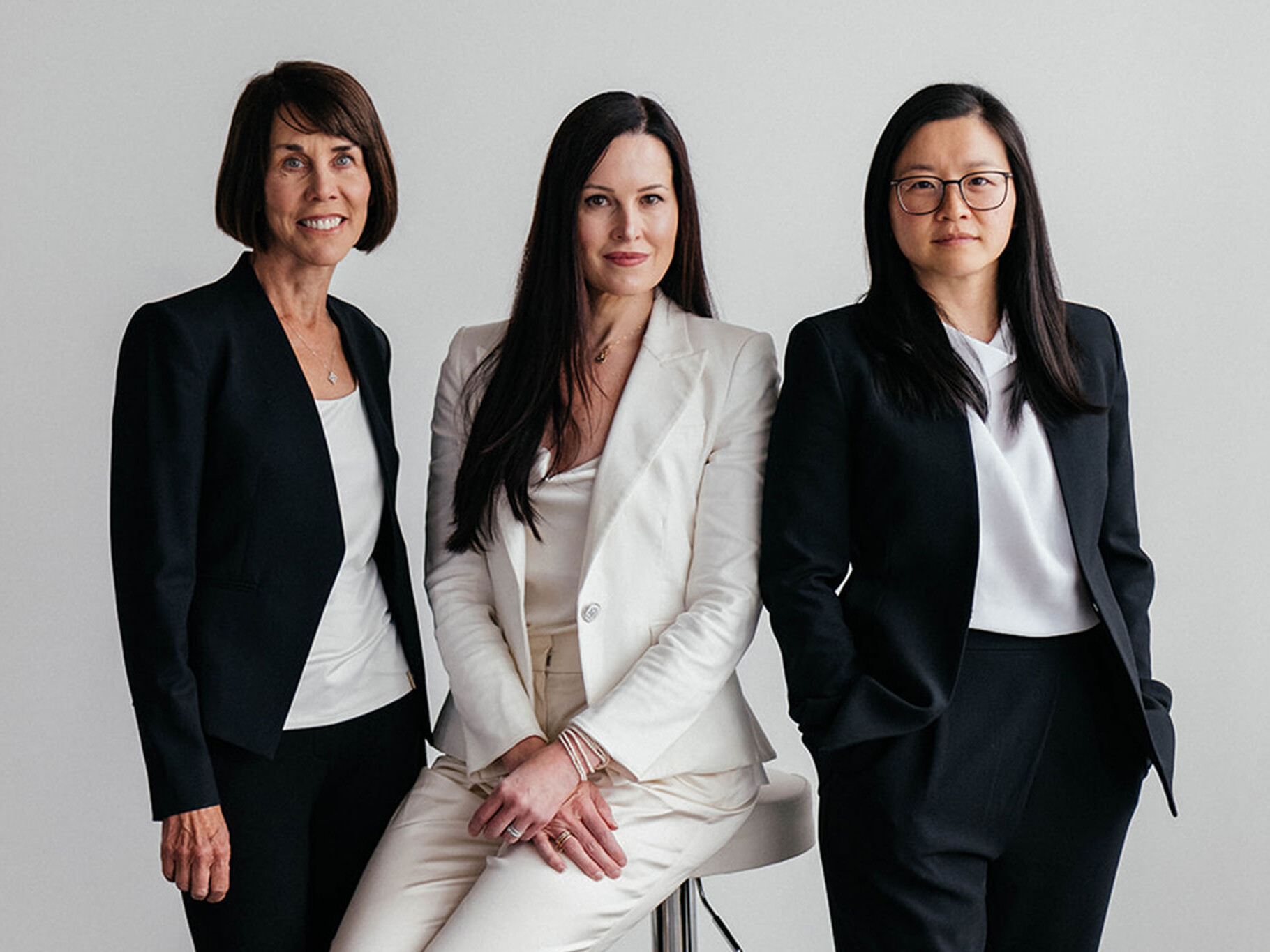- Home
- SURGERY
- Reconstructive Surgery
- Skin Cancer Surgery
SKIN CANCER IN PORTLAND
LEARN ABOUT SYMPTOMS, SIGNS, AND TYPES
Skin cancer is the most common type of cancer diagnosed in the United States each year. Anyone who has previously had skin cancer in Portland, or even a precancerous lesion, should be monitored very closely for future skin cancers. Dermatologists and primary care physicians perform most routine monitoring, and these physicians can treat many small skin cancers as well.
At The Waldorf Center, we frequently help with the removal and/or reconstruction after the removal of a skin malignancy. This is particularly true when the location of the tumor is in an aesthetically sensitive area, such as the face. We are always happy to evaluate a worrisome skin lesion. Then, as appropriate, we can monitor, biopsy, or remove and repair the area of concern.
YOUR SKIN CANCER CONSULTATION
If you have skin cancer symptoms or signs, you can share your concerns with your physician during your consultation, when you can learn about the types and various potential treatments, as well as what’s available at The Waldorf Center. Our team will work to ensure that you are well informed about the reconstructive procedure in which you are interested, from preparations you can take to what to expect from recovery afterward.
CONTACT US
Contact The Waldorf Center for Plastic Surgery to schedule a consultation for skin cancer in Portland, Oregon. Call 503-646-0101 or 1-800-310-7901 today. You can also schedule a visit online.
THE SKIN CANCER SURGERY
There are many techniques to remove and reconstruct an area depending on the size and location of your skin cancer. For a smaller lesion, excision is a simple technique to remove the cancerous tissue.
Many skin cancers on the face are excised by a dermatologist through a technique called Mohs surgery. This is a technique that allows the tumor to be completely removed while taking the least amount of unaffected surrounding skin and soft tissue. Once the tumor has been removed, your surgeon then reconstructs that area. This team approach with the dermatologist and plastic surgeon optimizes the ultimate outcome from both cancer and aesthetic perspective.
Removal and reconstruction happen under local or general anesthesia depending on the extent of the reconstructive procedure.
THREE TALENTED DOCTORS
ONE FOCUSED MISSION
The experienced surgeons at The Waldorf Center for Plastic Surgery—Dr. Kathleen Waldorf, Dr. Rachel Streu and Dr. Heidi Johng—built the practice on a foundation of providing patients with high quality, ethical care. One of their guiding principles is a belief that cosmetic surgery is as much an art as it is a science.
The experienced surgeons at The Waldorf Center for Plastic Surgery—Dr. Kathleen Waldorf, Dr. Rachel Streu and Dr. Heidi Johng—built the practice on a foundation of providing patients with high quality, ethical care. One of their guiding principles is a belief that cosmetic surgery is as much an art as it is a science.
RECOVERY AFTER SKIN CANCER SURGERY
The time to recover will depend on the extent of reconstruction. It is very important to follow the wound care instruction and minimize movement of the repaired site. Most patients are able to resume a non-strenuous home schedule on the day of surgery and return to strenuous activity levels in eight weeks. Healing continues for many weeks, and scars fade over the following months. It is critical to practice sun protection every day of your life, not just during your recovery period.
Special Financing Available
The Waldorf Center in Portland, OR, offers special financing for the recommended surgical or non-surgical procedure you want. Convenient monthly payments can be structured to fit your financial situation. Call the practice for more information at 503-646-0101 or contact us online.
RISKS TO CONSIDER
Removal and reconstructive procedures, as with all surgical procedures, carry a certain amount of risk. It is important that you understand these risks and the possible complications or adverse events associated with them. Your surgeon will discuss any risks with you during your consultation and pre-operative appointments.
We will be happy to answer any questions you may have. Call 503-646-0101 or 1-800-310-7901. You can also schedule a visit online.
*Patient results may vary*









